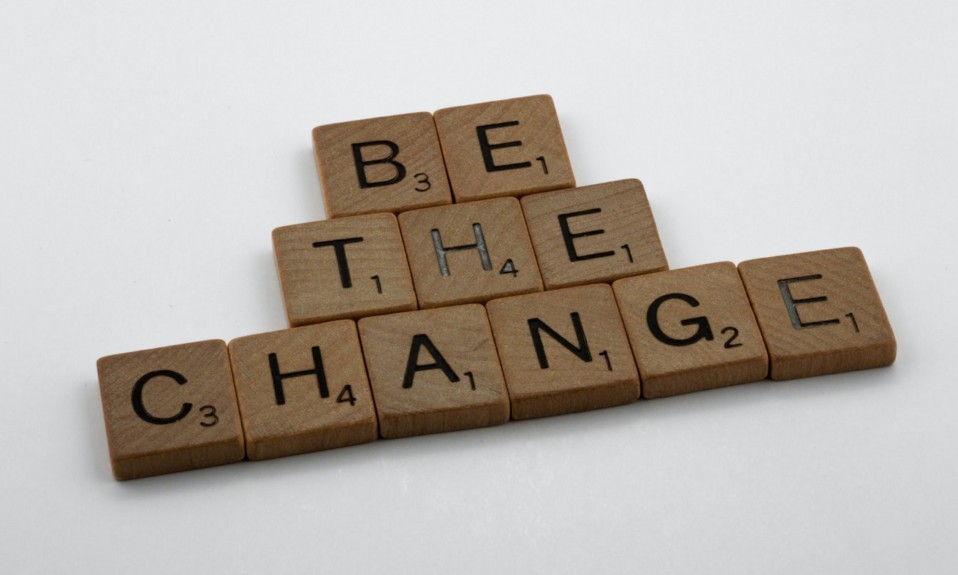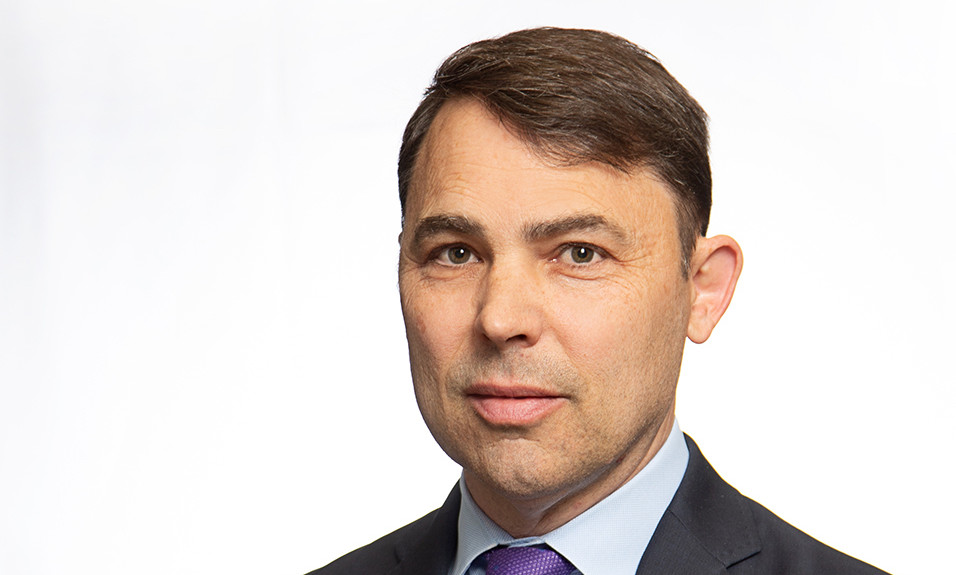Amazingly, the treatment community is still fighting for addiction to be viewed as a medical condition
By Chad Sabora
I’m Chad. I’m a person in long-term recovery from substance use disorder. I refuse to use terms like “clean,” “addict” or “abuser.” I’m a human being and a person first, and I happen to have a certain condition as well.
Unfortunately, the vast majority of America doesn’t view people in recovery in the same light. Much of society still sees both those in recovery and those currently struggling with substance use as bad, selfish, lazy and—perhaps most detrimental—criminal. The idea is that these people chose to become addicted, and this opinion of the general public implies a lack of morality.
As someone in long-term recovery, I’m not defined by my health disorder. But that’s not how all families and support systems operate.”
The foundation for this stigma was laid before the United States was born, and such views began gaining steam during the temperance movement at the end of the 19th century. Federal legislation and Supreme Court decisions between 1914 and 1920 solidified the beliefs. A high court ruling that banned doctors from using medication assistance—known today as the gold standard of care—further handicapped treatment, effectively laying the groundwork for a world in which abstinence is the only legal form of treatment.
As a result, the public’s perception of those with substance use disorders has been wholly negative. Throw in the ill-fated, poorly conceived and racially motivated “War on Drugs,” and it becomes obvious why that negativity has been perpetuated for more than a century, directly obstructing the evolution of an effective approach to substance use treatment in our country.
Public officials and the media like to use sensational idioms and viral phrases such as “We can’t arrest our way out of the problems” and “Help, not handcuffs,” which are well-intended but unfortunately do little to solve the issue at hand. And while it’s an understatement to say that we need to make significant progress in the fundamental approach to treatment in America, the public can start that shift by changing the way we talk about people struggling with substance use and about those in recovery.
What We Talk About When We Talk About Treatment
The words used to describe a person with a mental health disorder matter. In 2021, I don’t think many people use terrible, derogatory terms like “retard” to describe someone with a learning disability. We have changed the way we refer to people with different ethnic backgrounds, members of the LGBTQIA+ community and others in the name of fostering a more supportive and inclusive society.
So why do we still call people in recovery or struggling with substance use “addicts”? Why do we use terms like “abuse” to describe a physical dependency? These words don’t just sound bad—they create an emotional fracture in the person’s relationships and desensitize their struggle, placing blame directly on the person for their disorder.
The negative language around substance use disorders isn’t something most people are even aware of. It’s a Jungian collective unconscious that is carried on throughout society. Our thoughts and feelings aren’t organically our own—they’ve been passed on subliminally.”
A 2010 Harvard Medical School study examined the relationship among the words used to describe those who are struggling with substance use, and how those words affected how they were perceived by others. Researchers assembled two groups of clinicians—one that referred to the patient as having a “substance use disorder,” and the other that referred to the patient as a “substance abuser.” Comparatively, those in the “substance abuser” group held a stronger belief that the individual was personally responsible for their condition and deserved punishment. In other words, simply using certain terms to describe someone made a group of credentialed medical professionals feel as if the person was less deserving of treatment.
The negative language around substance use disorders isn’t something most people are even aware of. It’s a Jungian collective unconscious that is carried on throughout society. Our thoughts and feelings aren’t organically our own—they’ve been passed on subliminally. They’ve taken generations to create and will take generations to remove. And since we recognize that the way we talk about substance use disorders has a direct impact on how those in recovery or striving toward recovery perceive themselves, we can start undoing that perpetuation right now.
This Is a Medical Issue

When talking about substance use disorders, people should use clinically accurate, non-stigmatizing terminology, the same way they would for any other medical condition. Unfortunately, the system of substance use treatment modalities in America is separate from that for virtually every other medical condition and has never been incorporated into the standard hospital system.
This is one of the main reasons we developed Sana Lake, in what I feel is a truly revolutionary approach to recovery. We recognize that employment and housing are part of healthcare and break down the division that exists between the two. We put a strong focus on outpatient treatment to help our members achieve recovery for life. Placed in an environment in which a medical approach and an ongoing continuum of care go hand-in-hand, our members and their families begin to truly recognize substance use disorders as a medical condition. That impacts the way they talk about treatment, which impacts the way their loved ones feel about their condition.
Use Person-First Language
The person isn’t a problem. The person has a mental health disorder that typically involves more than just substance use. As someone in long-term recovery, I’m not defined by my health disorder. But that’s not how all families and support systems operate. I’ve seen online discussions in which parents won’t refer to their children as children—instead using terms like “AS/AD” (addicted son/addicted daughter).
They’re being told it’s a way to create a boundary, but what it actually creates is a toxic disassociation from the individual as a person. And it happens without the parent or loved one even noticing. As Marissa Angerer said in a statement for Shatterproof’s Addiction Language Guide, “Labels erased my humanity. Total strangers felt allowed to criticize or judge me, saying that I was ‘such a waste of life,’ ‘useless,’ or ‘just a drunk or addict.’ These words also carried the connotation that I was lazy, selfish, or a criminal.” She adds, “And when those words came from family and friends, they cut even deeper.”
There’s a reason that less than 1 in 5 Americans are willing to associate closely with a friend, colleague or neighbor who is addicted to prescription drugs. It’s because of the way they’re perceived by society. Talk isn’t cheap. Words matter. Choosing the right ones can have a direct impact on changing someone’s life.
Chad Sabora is co-founder and chief operating officer of Sana Lake Recovery Center in Dittmer, Mo.
Top photo: Brett Jordan; bottom photo Usman Yousaf














